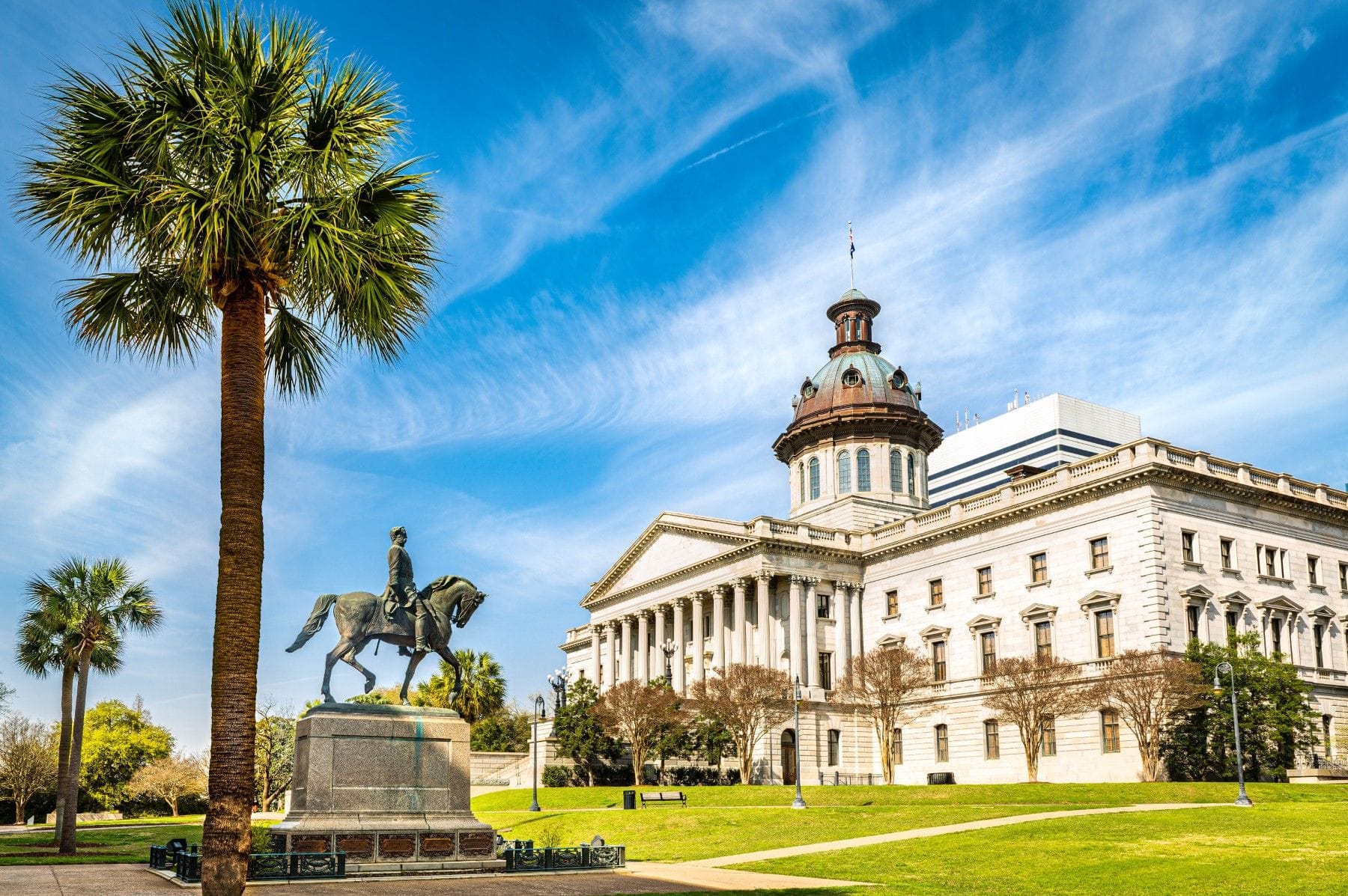South Carolina Expert Witness Report Rules
Expert witness reports are not legally required in South Carolina, but they are commonly exchanged in practice, particularly for complex cases.
Updated on
In this article
Are Expert Witness Reports Required in South Carolina?
In South Carolina, expert witness reports are not explicitly mandated by state law or court rules. However, under South Carolina Rule of Civil Procedure 26(b)(4)(A), parties can demand the identification of experts expected to testify at trial and a disclosure of the subject matter and substance of their testimony. While formal reports are not obligatory, parties often exchange them, particularly in complex cases, pursuant to scheduling orders or mutual agreements. These exchanges typically occur during the discovery phase, with deadlines set by the court's scheduling order, which also governs expert witness depositions.
What is Required in a South Carolina Expert Witness Report?
Although South Carolina does not explicitly require expert witness reports, when such reports are exchanged, they typically include:
- Expert Opinions and Bases: A statement of the expert's opinions and the foundation for those opinions.
- Data and Exhibits: Information and materials considered by the expert in forming their opinions.
- Qualifications: A summary of the expert’s qualifications, including education and experience.
- Compensation: Details regarding the expert's compensation for their involvement in the case.
These elements align with the expectations outlined in S.C. R. Civ. P. 26(b)(4), although the state does not strictly adhere to the federal standard and allows for flexibility based on the specifics of the case.
Scope and Authorship of the Report
In South Carolina, expert reports, when utilized, are typically drafted and signed by the expert themselves. However, attorneys may assist in preparing these documents, provided they do not compromise the expert's independent opinions. The extent of attorney involvement should not undermine the integrity of the expert testimony. The scope of the report may vary depending on the type of expert testimony or the complexity of the case, often influenced by the specific requirements outlined in the court's scheduling order.
Missing, Deficient, and Untimely Reports
Failing to provide an expert report, or submitting one that is incomplete or late, can result in significant repercussions. Under S.C. R. Civ. P. 37, potential consequences include the exclusion of the expert's testimony at trial and possible sanctions. Courts in South Carolina are empowered to enforce compliance with discovery rules and scheduling orders, and plaintiffs must adhere strictly to these requirements to avoid negative outcomes.
- Exclusion of Testimony: Testimony may be excluded if disclosures are insufficient or untimely.
- Sanctions: Courts may impose sanctions for non-compliance, ranging from fines to adverse rulings.
Original, Supplemental, and Rebuttal Reports
While South Carolina's procedural rules do not explicitly distinguish between original, supplemental, and rebuttal reports, parties often use these formats to clarify and refine expert testimony. The timing and purpose of supplemental or rebuttal reports are usually governed by the court's scheduling order, which specifies deadlines for expert disclosures and related activities. Disputes over these reports are typically resolved based on the order's stipulations and the parties' adherence to them.
Relevant State Rules and Legal Requirements
South Carolina's Rule of Civil Procedure 26(b)(4) governs the discovery of expert witnesses. Key cases interpreting these rules provide guidance on their application, highlighting both the similarities and differences from federal practice. Notably, South Carolina allows more flexibility than the federal system, particularly in permitting expert depositions without requiring special leave.
- S.C. R. Civ. P. 26(b)(4)(A): Governs the identification and disclosure of expert testimony.
- Key Cases: South Carolina case law further elucidates the application of these rules, often emphasizing the importance of adhering to court orders and deadlines.
In summary, while South Carolina does not mandate expert witness reports, their use is common in practice, especially in complex litigation. Compliance with procedural rules and court orders is crucial to avoid sanctions and ensure the admissibility of expert testimony.


